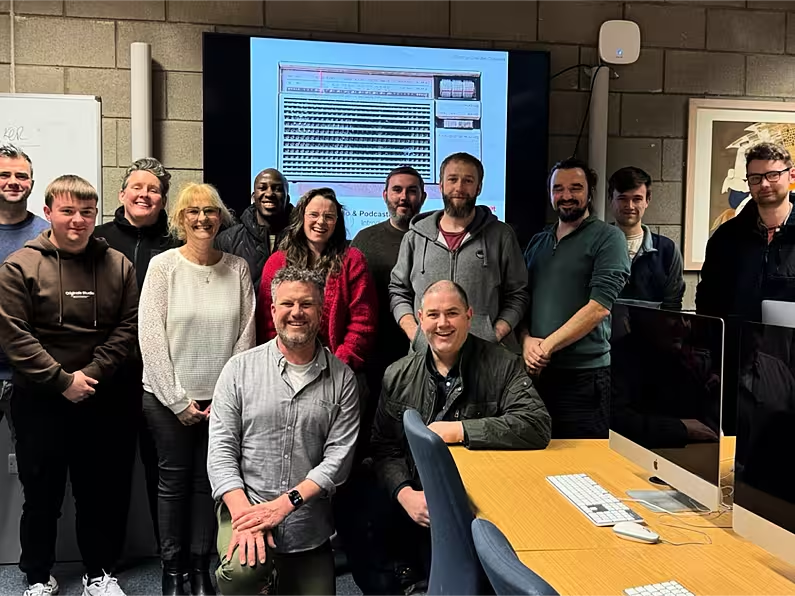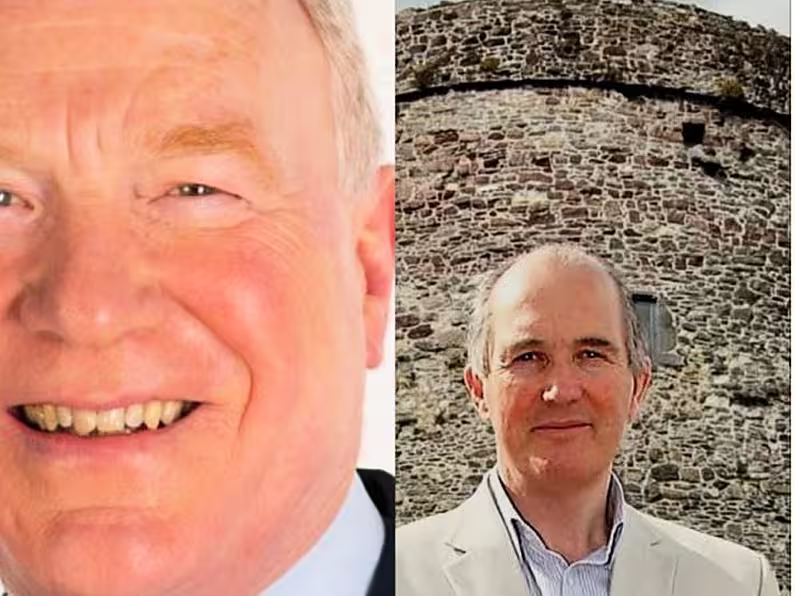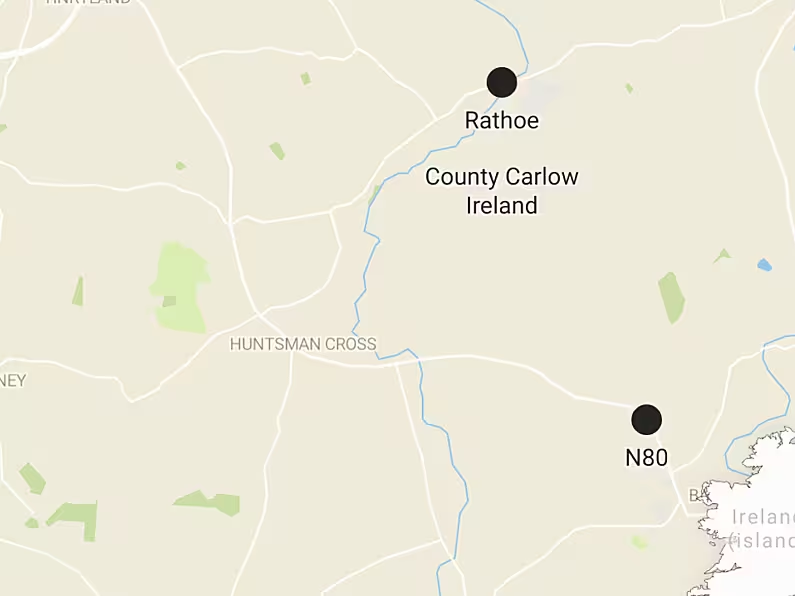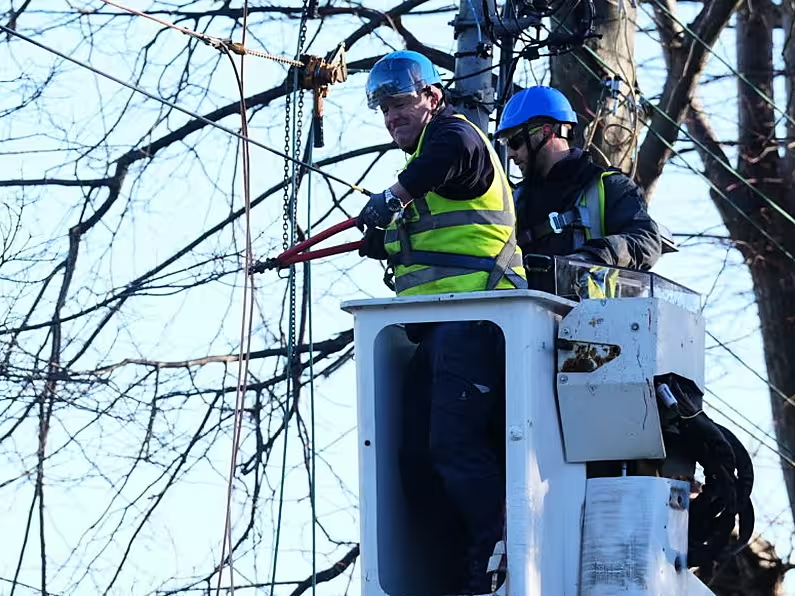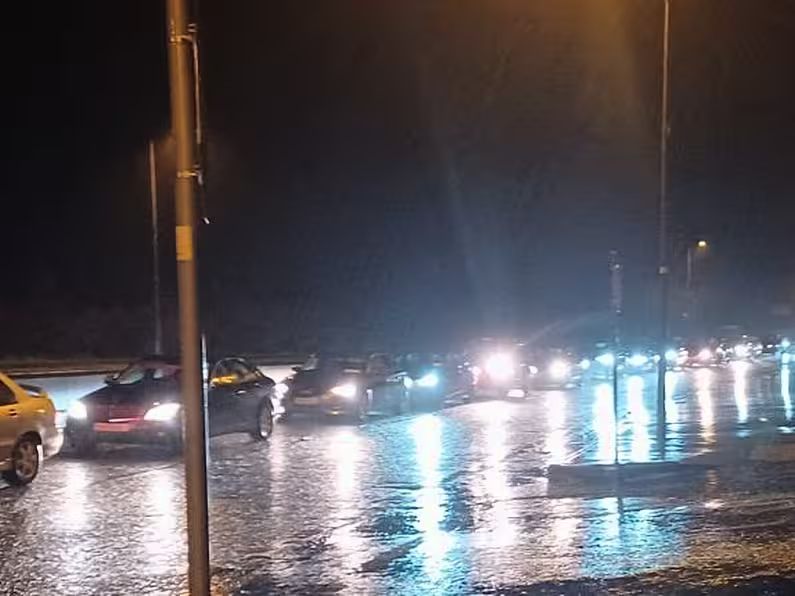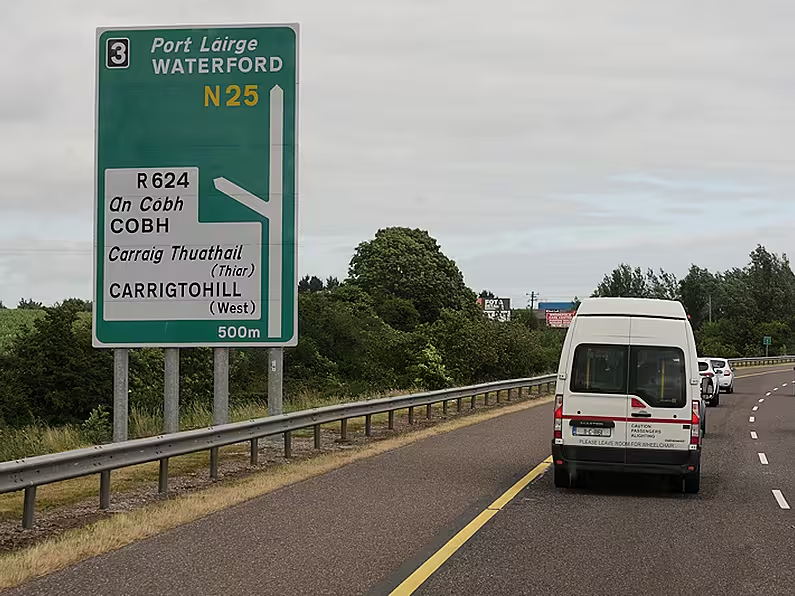Cate McCurry, PA
The proposed legislation on the right to birth information runs the risk of “perpetuating the culture of shame and secrecy” that exists in the Irish adoption system, campaigners have said.
The Clann Project, which has worked with mother and baby home survivors and adoptees, said the Bill does not provide unconditional access to birth certificates.
Claire McGettrick, co-director of the Clann Project, told the Oireachtas Children’s Committee that the human rights violations associated with the adoption system in Ireland are “deeply embedded”.
The Birth Information and Tracing Bill 2021 proposes a right to access birth certificates, birth and early life information for people who have questions in relation to their origins, and also all people who were adopted, boarded out, the subject of an illegal birth and others with questions in relation to their identity.
The legislation also establishes a Tracing Service and a statutory Contact Preference Register, which will allow people to record if they are willing to meet with relatives, and if they are willing to provide information themselves.
Ms McGettrick said the Bill also imposes mandatory information sessions for adopted people to attend in cases where birth parents have signed the “no contact” preference.
The campaigner said it is discriminatory and a breach of equal rights.
“Our main issue with the information sessions is essentially how it’s framed and the fact that it is a mandatory mechanism for people who have “no contact” preference.
“There is an opportunity to frame it differently. Instead, it is more than sufficient to simply notify the adopted person of their natural
parents’ contact preferences.
“Adopted people are entirely capable of respecting ‘no contact’ preferences without further explanation and it is deeply offensive to suggest otherwise.
“This Bill runs the risk of perpetuating the culture of shame and secrecy that pervades the Irish adoption system.
“Natural mothers have largely remained silent, but we must be careful about what we read into that silence.”
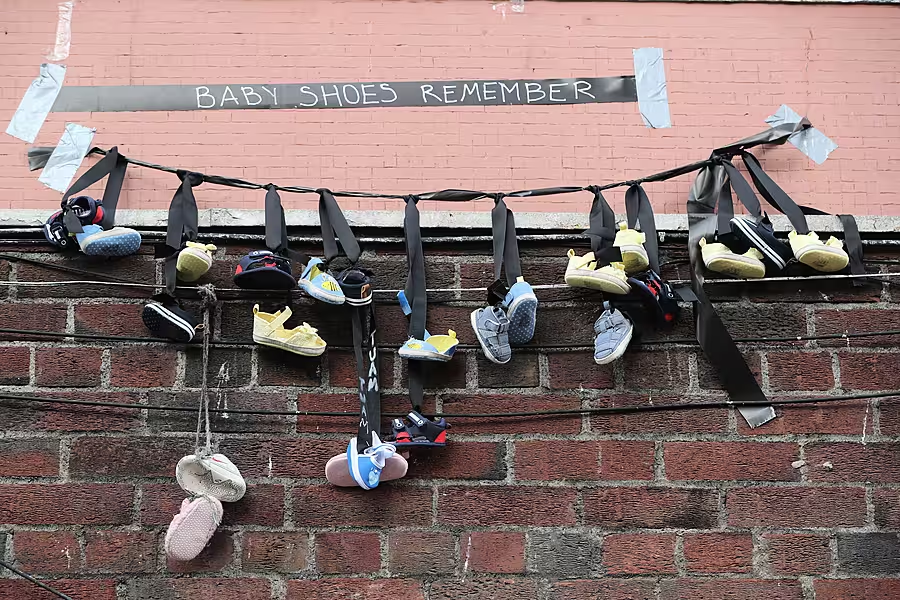
Adoption Rights Alliance co-founder Susan Lohan also said that unconditional access to birth certificates is not provided for in the Bill, adding that the language and tone of the Bill is not representative of a Transitional Justice Approach.
“One would have thought that anyone imparting information to an adopted person that they would have obligation to report any findings of wrongdoing or criminality and there is no suggestion of that in the Bill,” Ms Lohan added.
The comments came at a meeting of the Oireachtas Committee on Children on Tuesday, which was undertaking pre-legislative scrutiny of the Birth Information and Tracing Bill.
Adoption Rights Alliance US co-ordinator Mari Steed said that the “full picture” of the adoptee is needed to “form our own truths” in terms of their early life records.
Ms Steed, who was one of thousands of children trafficked and illegally adopted to the US, added: “Many of us were just sent with no documentation whatsoever to the US.”
Maree Ryan O’Brien from Aitheantas, an adoptee campaign group, said that most adoptees concerns are practical ones regarding medical information and access to identity information.
“While the Bill goes some way to recognising the significance of medical information, it is unrealistic to assume that a bank of information on this will suddenly become available,” Ms O’Brien added.
“There still are considerable hurdles to overcome and as such we would seek for enhanced medical screening for adoptees and their children and earlier entry to existing screening programmes.”





